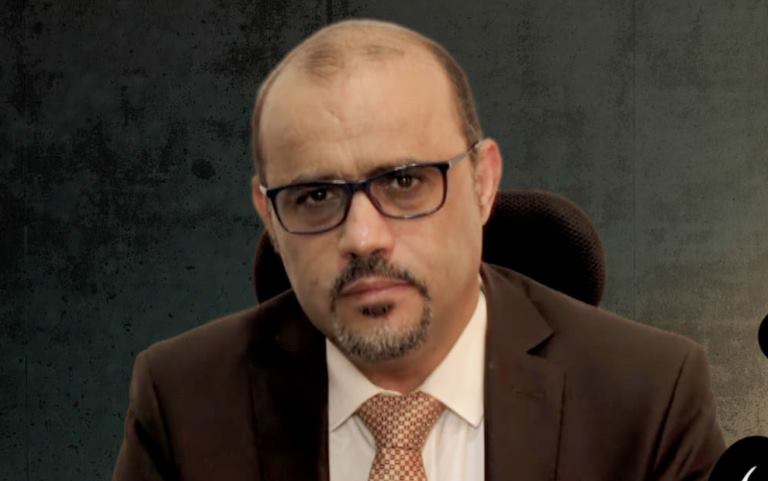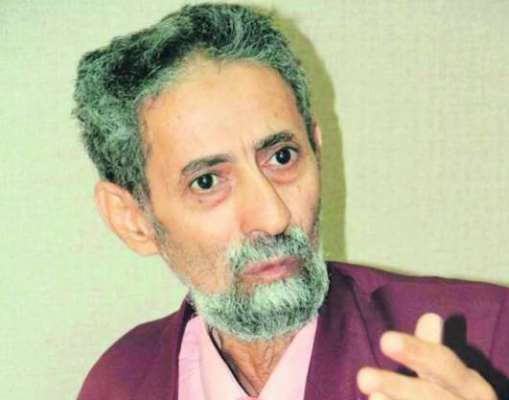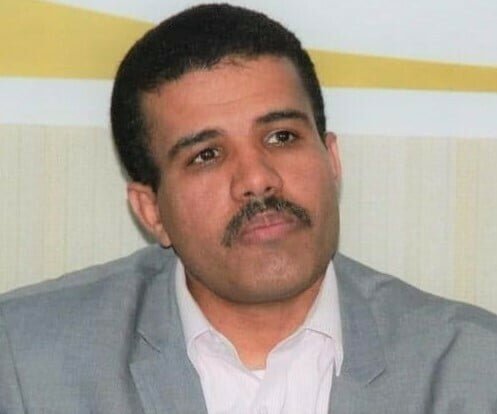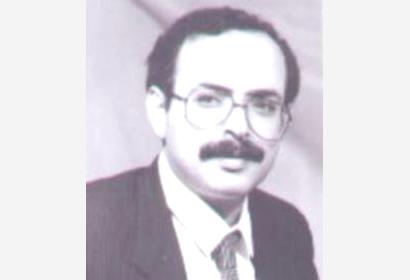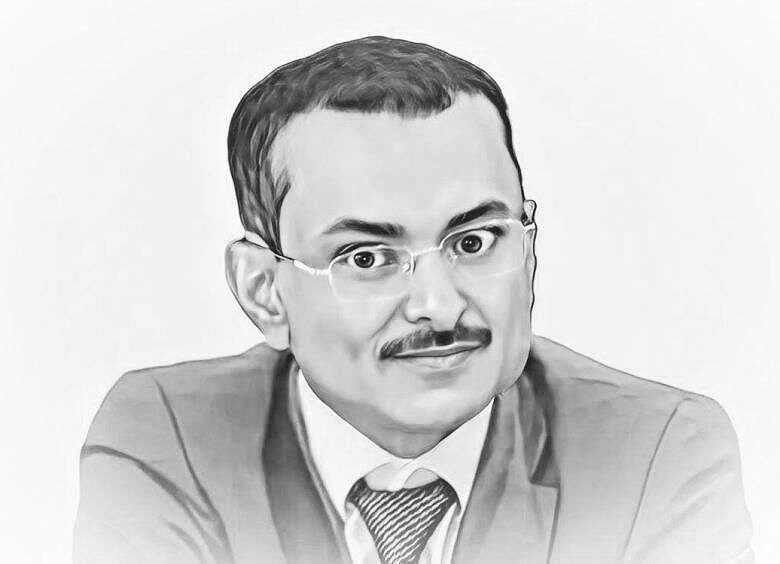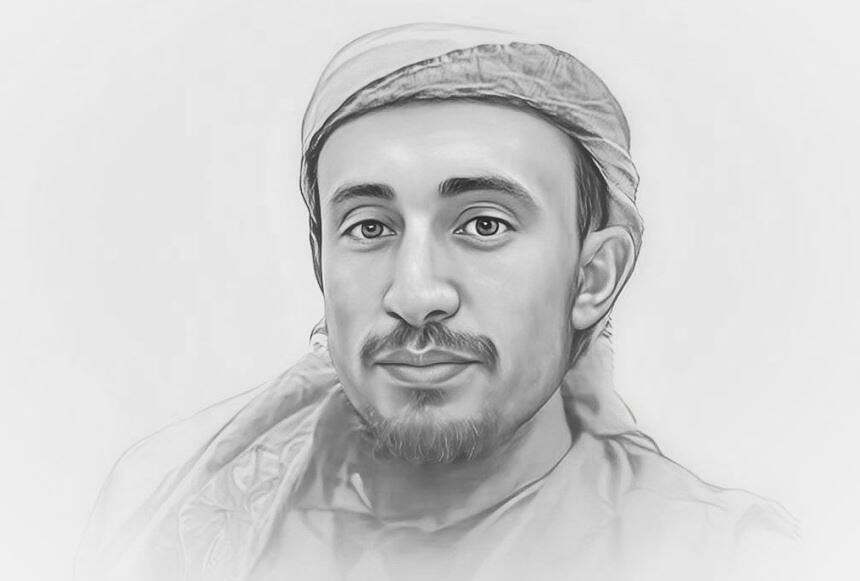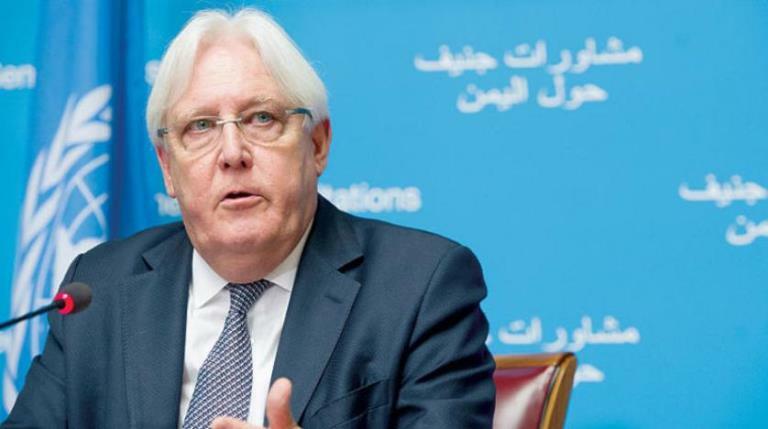
مثقفون وسياسيون يمنيون: إعلان غريفيث المشترك يزرع بذور صراعات جديدة لا تنتهي
قال مثقفون وسياسيون يمنيون إن الإعلان المشترك للمبعوث الأممي لدى اليمن، مارتن غريفيث، الذي يُمهد لاستئناف المشاورات السياسية بين الحكومة اليمنية وجماعة الحوثيين "يمكن أن يزرع بذور لدورات جديدة من صراعات لا تنتهي" في اليمن.
جاء ذلك في رسالة مفتوحة، حصل نشوان نيوز على نسخة منها، بعثوها إلى مكتب المبعوث الدولي غريفيث، والمنظمات الدولية، والدول الراعية لعملية السلام في اليمن، دونوا فيها ملاحظتهم حول مذكرة الإعلان المشترك للمبعوث الأممي.
وفيما يلي "نشون نيوز" يُعيد نشر نص الرسالة باللغتين العربية والإنجليزية:
بعد إعلان الأمين العام للأمم المتحدة لوقف إطلاق نار في ارجاء العالم، وفي ظل انتشار وباء كوفيد 19, قام المبعوث الخاص مارتن غريفيث بتقديم ورقة إعلان مشترك من اجل تسهيل الطريق لاستئناف المشاورات السياسية بين الحكومة اليمنية وجماعة الحوثي. ساهمت كذلك مجموعة مراكز دراسات من بينها مجموعة الأزمات الدولية ومجموعة من الكتاب في هذا النقاش مؤيدة ما ذهب اليه المبعوث الاممي. في هذا البيان نود ان نعرب عن ملاحظاتنا حول الاعلان المشترك الذي تقدم به المبعوث والنقاش الدائر حوله.
يقدم الاعلان المشترك حلول تتجاوز الديناميكية المحلية للصراع وتتغاضى عن المظالم وخصوصاً التي وجدت اثناء الحرب وتقدم اصلاحات سريعة لصراع ذو طبيعة معقدة وطويلة. هذه المعادلة تضع اليمن بعيداً عن سلام عادل ومستدام ويمكن أن يزرع بذور لدورات جديدة من صراعات لا تنتهي. توضح النقاط أدناه أهم ملاحظاتنا حول مذكرة الإعلان المشترك:
1- نرحب بالدعوة لمعالجة الجوانب الانسانية وبشكل عاجل والتي تضمنت مواجهة وباء كوفيد-19, إعادة فتح مطار صنعاء، ازالة العراقيل أمام السفن التجارية، حل أزمة خزان النفط صافر، إطلاق سراح المعتقلين ودفع المرتبات. نتمنى من جميع الأطراف التعاطي الجاد مع الأمم المتحدة من أجل رفع معاناة ملايين اليمنيين.
2- الإعلان المشترك يتبع نفس منهجية اتفاقية استكهولم أو بشكل ادق "اتفاقية الحديدة", الموقعة في ديسمبر 2018, والتي لم تتحقق ابداً ولكنها طبعت الوضع الراهن. لا يزال الوضع في الحديدة خطيراً ويتجدد القتال بشكل مستمر لدرجة ان قام الحوثيون باطلاق نار على ضابط اتصال حكومي في فريق وقف اطلاق النار الذي تقوده الأمم المتحدة مما تسبب في مقتله وكان ذلك في مطلع العام 2020. علاوة على ذلك، استغل الحوثيون اتفاق الحديدة لإعادة تجميع قواتهم وتصعيد عملياتهم العسكرية، والاستيلاء على المزيد من الأراضي.
3- منذ يناير 2020، صعد الحوثيون هجومهم في محاولة للسيطرة على محافظة مأرب، مما يعرض ملايين المدنيين لخطر التشرد في خضم تفشي وباء كوفيد-19. وبينما تهدد المعارك الجارية في محيط مأرب بفقدان موطئ قدم الحكومة الأخير في الشمال وهذا يدفع الحوثيين للاستغناء عن الحل السياسي أو الانخراط في مشاورات مستقبلية. يجب على مبعوث الأمم المتحدة والمجتمع الدولي ممارسة نفس الدرجة من الضغط التي منعت القوات الحكومية من استعادة الحديدة لمنع سيطرة الحوثيين على مأرب.
4- تحدث الإعلان المشترك عن آلية لنشر القوات والأسلحة الثقيلة والذخائر بشكل يتعارض كلياً مع قراري مجلس الأمن الدولي 2201 و 2216، مما يسمح للحوثيين والجماعات المسلحة الأخرى بالاحتفاظ بالقدرات العسكرية والمناطق التي يسيطرون عليها، هذا سيخلق تهديد لأي اتفاق في المستقبل. كما أنه يمنح الحوثيين اعترافًا سياسيًا ودرجة من الشرعية قبل التوصل إلى تسوية سياسية شاملة ودون تقديم أي تنازلات. هذا يشكل سابقة خطيرة مفادها أن المجتمع الدولي يكافئ العنف والتمرد المسلح ويعترف فقط بأولئك الذين يستخدمون القوة لتحقيق مكاسب سياسية، وكذلك يؤجج دائرة المظالم التي ستزيد من تعقيد وتفاقم الصراع على المدى الطويل. على مجلس الأمن أن يضغط على الجماعات المسلحة لتقديم تنازلات مسؤولة بدلاً من السعي لإصدار قرار جديد لمجلس الأمن يستوعب المكاسب التي حققتها الجهات المسلحة.
5- تحدث الاعلان عن "حساب مصرفي مشترك" للموارد السيادية للدولة بما في ذلك النفط والغاز ولجنة مشتركة لإدارة هذه الموارد لدفع الرواتب في جميع أنحاء اليمن. يأتي هذا في ضوء نهب الحوثيين لأكثر من 35 مليار ريال يمني (حوالي 58 مليون دولار أمريكي) من الحساب الخاص الذي تشرف عليه الأمم المتحدة في الحديدة، كيف يضمن المبعوث الخاص للأمم المتحدة عدم حدوث ذلك وأن الأموال ستستخدم لدفع رواتب موظفي الخدمة المدنية حسب قوائم 2014.
Open Letter to the UN Special Envoy Office for Yemen and the International Community
After the United Nations (UN) Secretary-General called for a global ceasefire in view of the Covid-19 pandemic, the UN Special Envoy Martin Griffiths has developed a ceasefire “Joint Declaration” (JD) to pave the way for the resumption of political consultations between the Government of Yemen and Houthis. Think tanks, including ICG, and intellectuals have also contributed to this debate along the same line. In this statement, we would like to present our take on the Envoy’s JD and ongoing debate.
The solutions proposed overlook internal dynamics of the conflict and don’t address grievances, especially those that surfaced during war, and seek quick fixes to a protracted, increasingly complex conflict. This doubtless puts Yemen further away from an equitable, sustainable peace and could potentially sow seeds for new cycles of endless conflicts. The points below unpack our take on some of the key points that came in the JD:
1. We welcome the declaration addressing urgent humanitarian issues such as confronting COVID-19, re-opening Sana’a Airport, easing restrictions on commercial ships, resolving the Safer tanker crisis, the release of prisoners, and salary payment. We hope parties to the conflict will commit to working with the United Nations to ease the suffering of millions of Yemenis.
2. The JD has been following the same modality of the Stockholm Agreement “SA”, signed in Dec. 2018, or more accurately, the Hodeida Agreement that never materialised but normalised the status quo. The situation in Hodeida remains alarming. Infighting continues to erupt periodically to the point that the Houthis shot and killed a government liaison officer in the UN-led ceasefire monitoring team in early 2020. Moreover, the Houthis took advantage of SA to regroup and escalate their military operations, capturing more territory.
3. Since January 2020, the Houthis have escalated their offensive in an attempt to capture Marib, putting millions of civilians at grave risk of displacement in the midst of a COVID-19 outbreak. While ongoing firefight in the vicinity of Marib threatens to thwart the last government’s foothold in the North, it will likely diminish any remaining Houthi incentives to engage in talks in good faith. The UN Envoy and the international community must exert the same degree of pressure that prevented government forces from retaking Hodeida to block a Houthi takeover of Marib.
4. The declaration talked about redeployment of forces and heavy arms and ammunitions which contradicts UNSC Resolutions 2201 and 2216, allowing the Houthis and other armed groups to retain military capabilities and areas they control, enough to threaten any future agreement. More broadly, the declaration grants the Houthis political recognition and a degree of legitimacy before reaching a comprehensive, negotiated political settlement - without making any concession. This sets a dangerous precedent that the international community rewards violence, armed rebellion and recognises only those who use force for political gains, but also fuels the cycle of grievances that will doubtless further complicate and exacerbate the conflict in the long-run. The UNSC should pressure (or encourage) armed groups to make concessions rather than seek to issue a new UNSC Resolution that will accommodate the gains armed actors have made.
5. The JD talked about a “joint bank account” for sovereign resources including oil and gas and a joint committee to manage these resources to pay salaries throughout Yemen. In light of Houthis’ plundering of over 35 billion Yemeni Riyals (approximately USD58 million) from the UN-monitored Special Account in Hodeidah, how would the UN Special Envoy ensure this doesn’t happen and that the money will be used to pay civil servants as per the 2014 lists.
We hope these notes are taken with serious consideration to recalibrate the current mediation efforts led by the Office of the Special Envoy for Yemen to end the war and build sustainable peace in Yemen.
عناوين ذات صلة:

